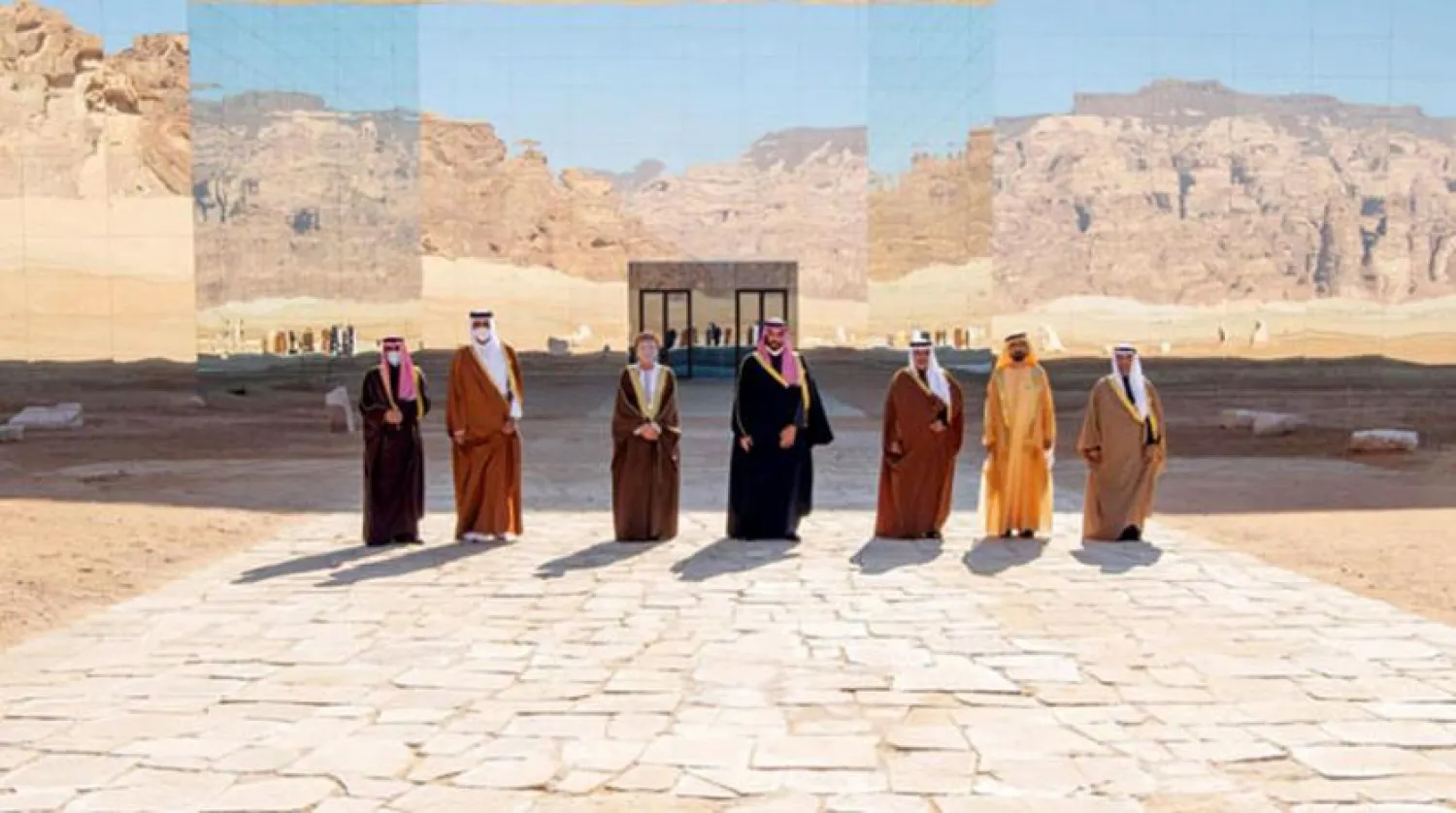Riyadh is set to host the 42nd Gulf Cooperation Council (GCC) summit on Tuesday, with leaders from the six member states geared up to explore ways to boost cooperation and confront challenges.
Besides focusing on the outcomes of the AlUla Summit, the GCC conference will center around the full implementation of the vision set out by Saudi King Salman bin Abdulaziz and ratified by the GCC Supreme Council in 2015.
Accordingly, the summit will center around completing elements of economic integration and joint defense and security systems and developing a unified foreign policy among member states.
Saudi Crown Prince Mohammed bin Salman will head the Saudi delegation to the summit. The Bahraini delegation will be headed by King Hamad bin Isa Al Khalifa. The Qatari delegation will be headed by Emir Sheikh Tamim bin Hamad Al Thani.
On behalf of Sultan Haitham bin Tarik, Sheikh Fahd bin Mahmood Al Said will head the Sultanate of Oman’s delegation at the summit. UAE Prime Minister Sheikh Mohammed bin Rashid Al Maktoum will lead the UAE delegation.
Crown Prince Sheikh Mishal Al-Ahmad Al-Jaber Al-Sabah will head the Kuwaiti delegation to the summit.
The summit is being held at a sensitive time during which the region is facing many challenges, according to Saudi Foreign Minister Prince Faisal bin Farhan.
Despite the hardships, the top Saudi diplomat stressed that there are many opportunities present at the same time.
The foreign minister’s statement came at the end of a press conference in Riyadh after a meeting of the foreign ministers of the GCC countries in the presence of their Egyptian counterpart.
He affirmed that the leaders would discuss sensitive issues relating to regional security.
GCC Secretary-General Nayef al-Hajraf told reporters on Sunday that there are continuing consultations to enhance the stability of the region and the world.









